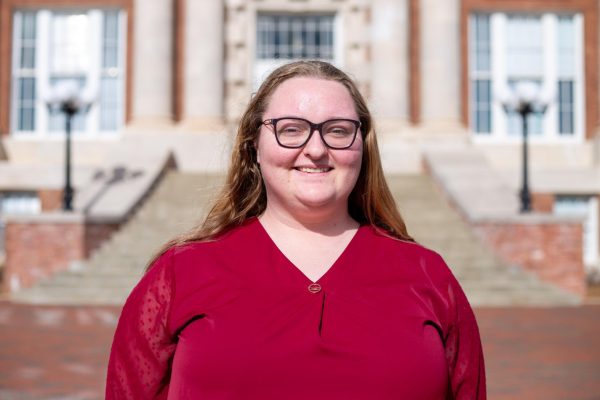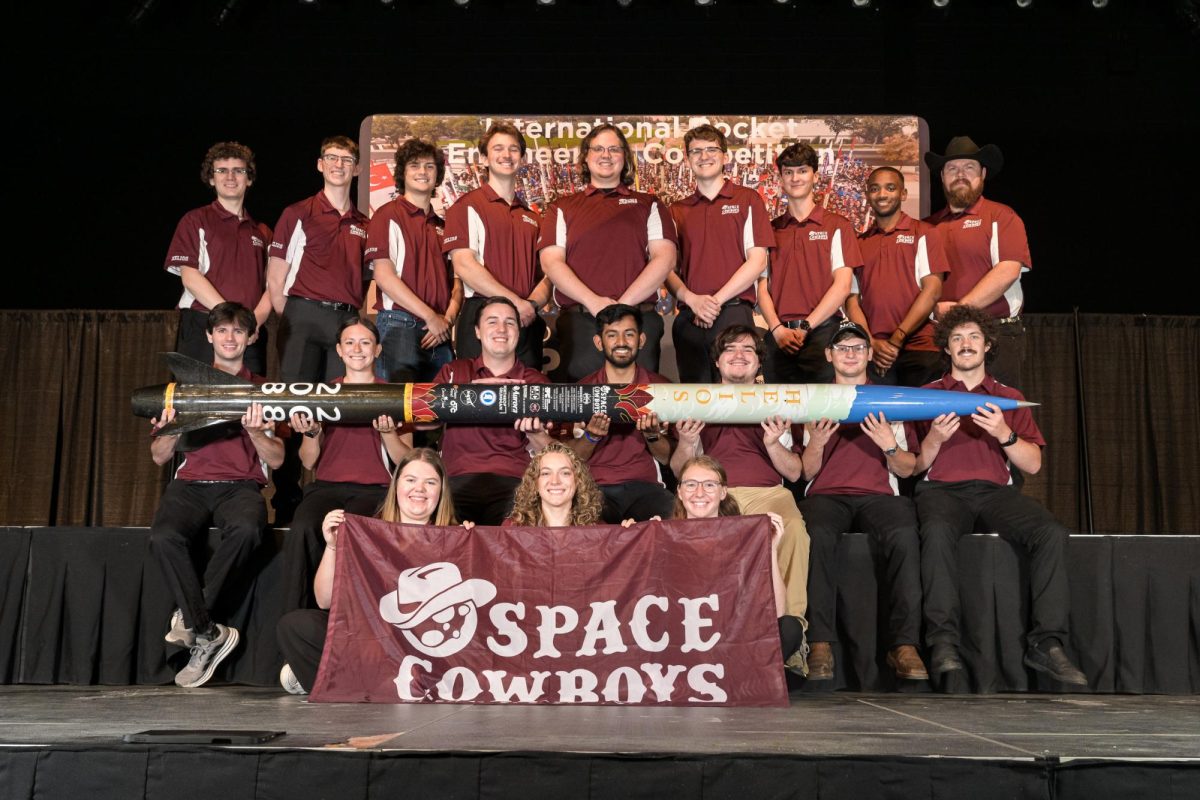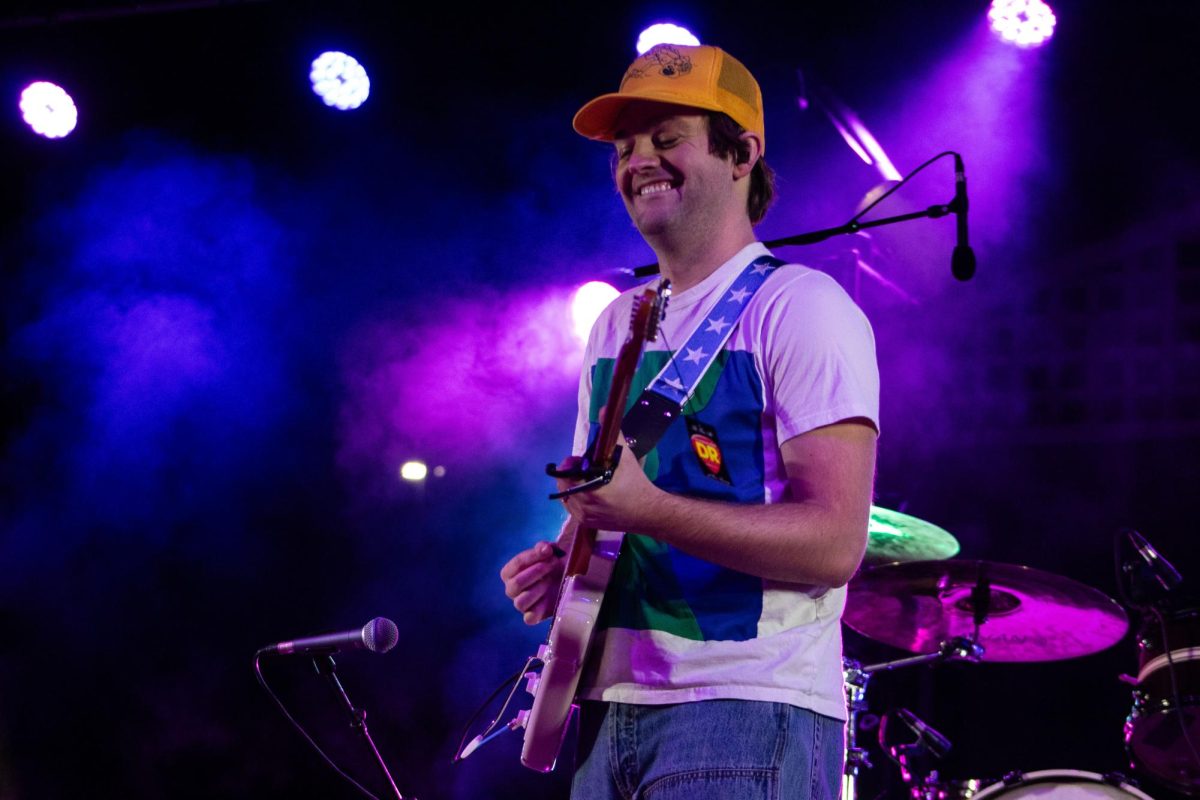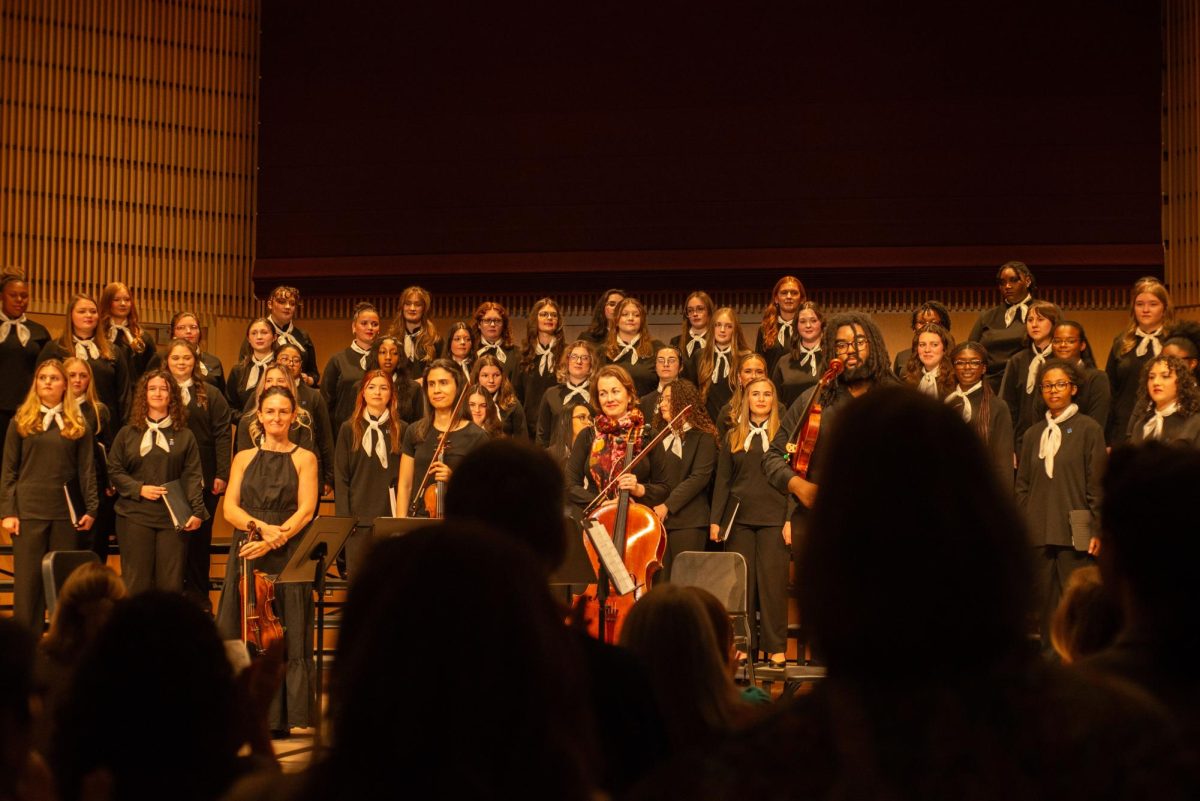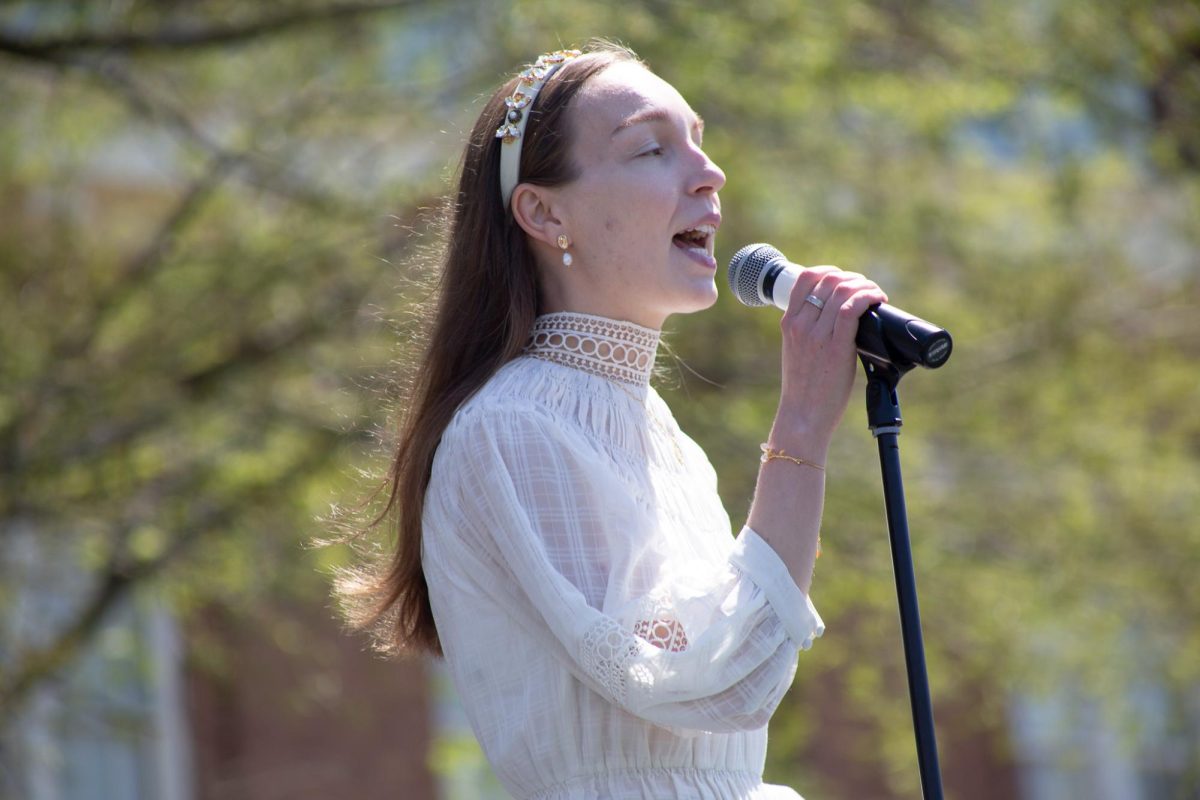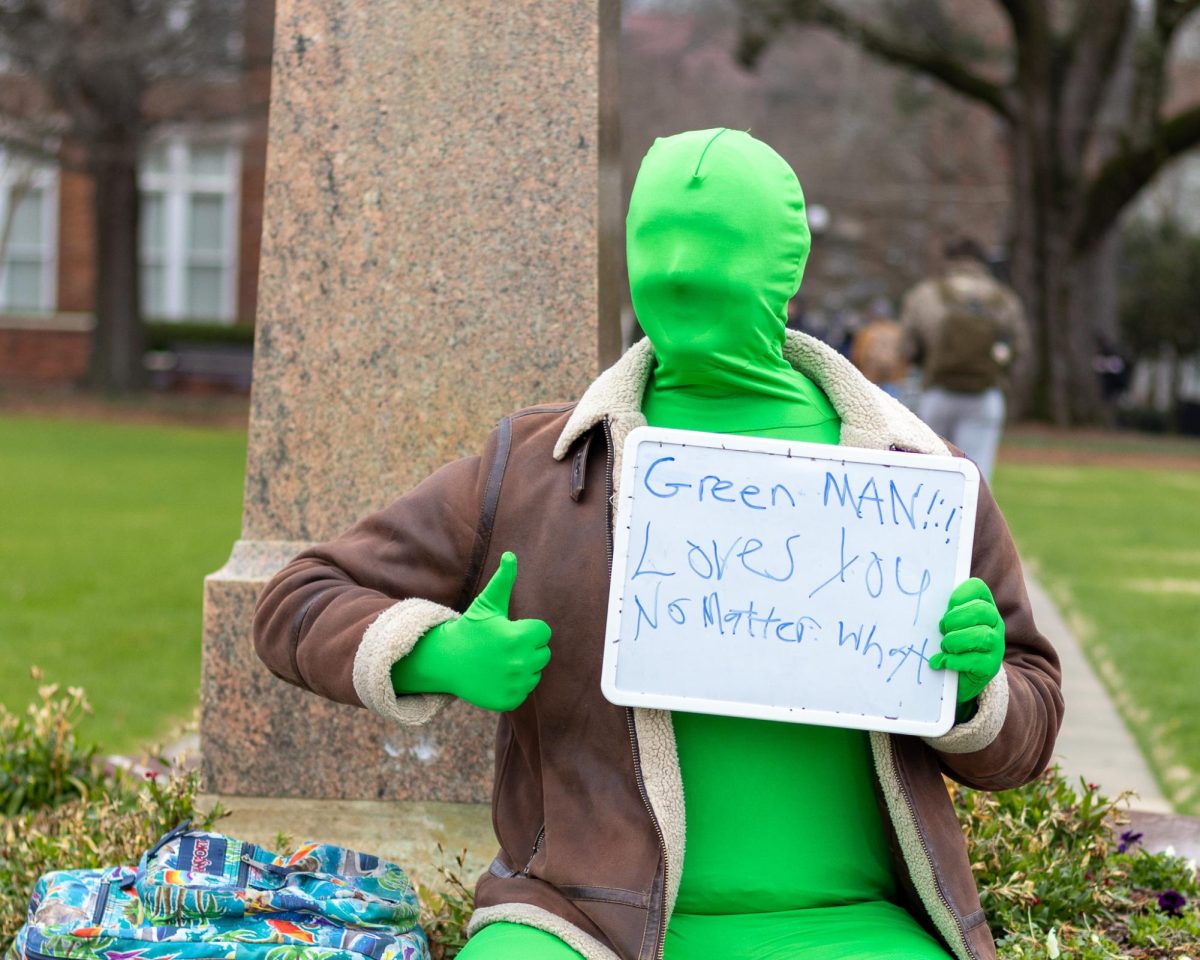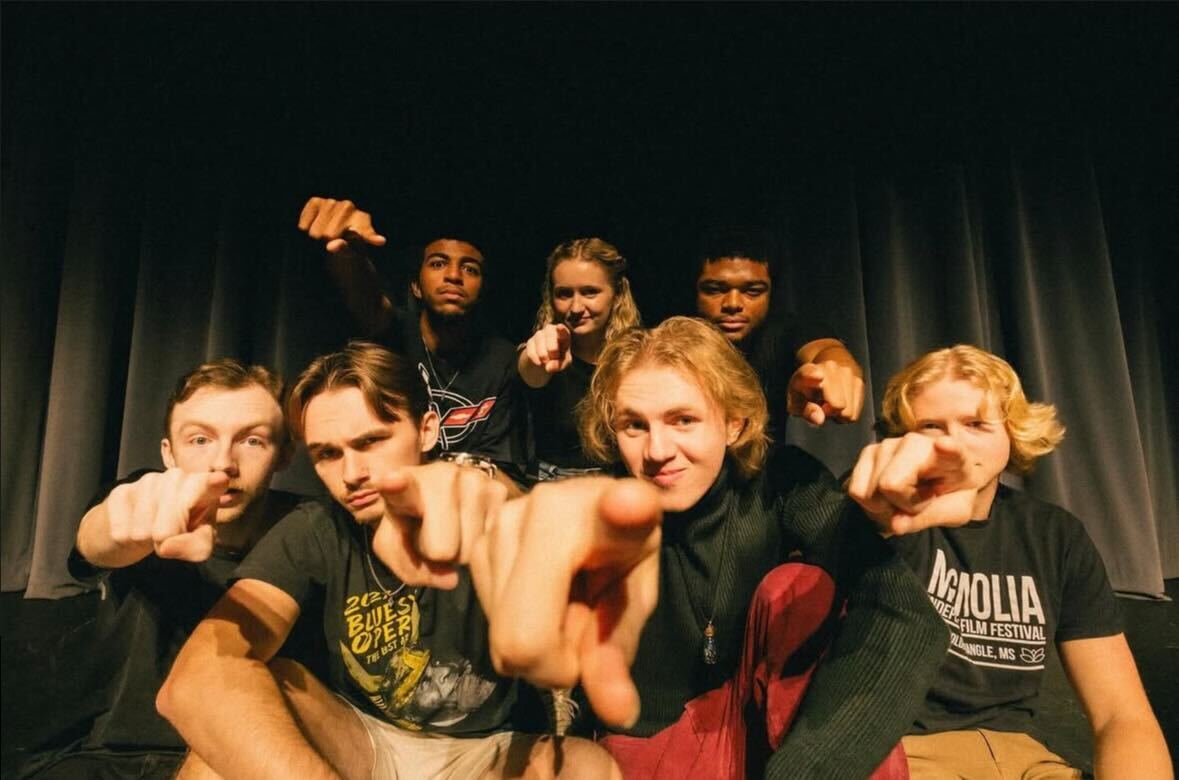On Nov. 10, the Indian Student Association (ISA) hosted a Diwali celebration in the Colvard Student Union’s Foster Ballroom for members of the Starkville community.
The night was chock full of performances by members from the community with several singers, dancers and one violinist. Each performer also received a small trophy from a member of the ISA executive board to commemorate the festival. After the performances, ISA president Surabhi Gupta spoke, thanking everyone for being there before allowing a young girl from the community on stage to sing and dance.
Om Chimma, senior mechanical engineering student and ISA treasurer, explained the significance of Diwali and the reason for the celebration.
“Diwali is a Hindu festival celebrated across all Hindus and diaspora,” Chimma said. “It is the celebration of lights and also represents the victory of good over evil as a part of our Hindu history and beliefs. Celebrating it is common across all Hindus but each subculture of Hinduism has its own unique way of celebrating it.”
Gupta, a senior majoring in wildlife, fisheries and aquaculture, echoed Chimma’s sentiments.
“It is like our Christmas,” Gupta said. “The biggest festival in North Indian culture, and a lot of South Indian homes, too.”
The event began with statements from two ISA members, who served as emcees for the night, before Professor Shrinidhi Ambinakudige gave a brief statement on the celebration.
“[Diwali] celebrates the triumph over evil, the victory of light over dark,” Ambinakudige said. “It’s not just the external evil, but the internal as well… It’s a festival of positivity… It’s a global festival. Evil and good are global”
Between performances, the emcees hosted rounds of trivia. A few rounds involved identifying monuments or significant locations. Others involved identifying region-specific foods. The majority of the rounds, though, were referred to as “Guess the Dialect/Language.” In these rounds, short snippets of popular songs were played over the speakers and attendees were invited to guess the dialect or language being used in the snippet.
For those not familiar with India’s linguistic landscape, India recognizes 22 official languages but is considered to have 121 languages, 270 mother tongues and around 19,500 dialects, making it easily one of the most linguistically diverse countries in the world, adding to the complexity of the game. Winners of each round of trivia won prizes, ranging from T-shirts to a television.
In addition to the performances and trivia, attendees were able to have mehndi, or henna, applied to their hands and arms. Mehndi is a temporary skin decoration involving the applying of a paste made from henna leaves to the skin, dying the skin reddish-brown. A woman applying mehndi said the longer the henna paste stays on, the brighter the design will be. The line to the mehndi table stayed long throughout the evening, although some realized they perhaps should have waited until after eating to decorate their hands so intricately.
A personal favorite aspect of the celebration was the fashion. Sarees, cholis, lehengas, kurtas and turbans of all colors and patterns could be found among the attendees. No two outfits were the same, an impressive feat considering the number of people in attendance.
The most awaited part of the night, though, arrived in the form of food. Rice, naan, samosas and several curries — vegetable, chicken and goat — were heaped onto plates and enjoyed across the ballroom. Leftovers were practically nonexistent.
The event was marked by several technical difficulties, particularly with audiovisual technology, but the ISA board pushed on.
“I think it came together well,” Gupta said. “Lots of hard work from volunteers and the executive board. The community kids’ participation was great and we were happy to provide a platform where they could showcase their skills. We had some issues with A/V, but it’s not in our hands and improvisation worked.”
Currently, the ISA is planning for events next semester, particularly for Holi and Republic Day.



